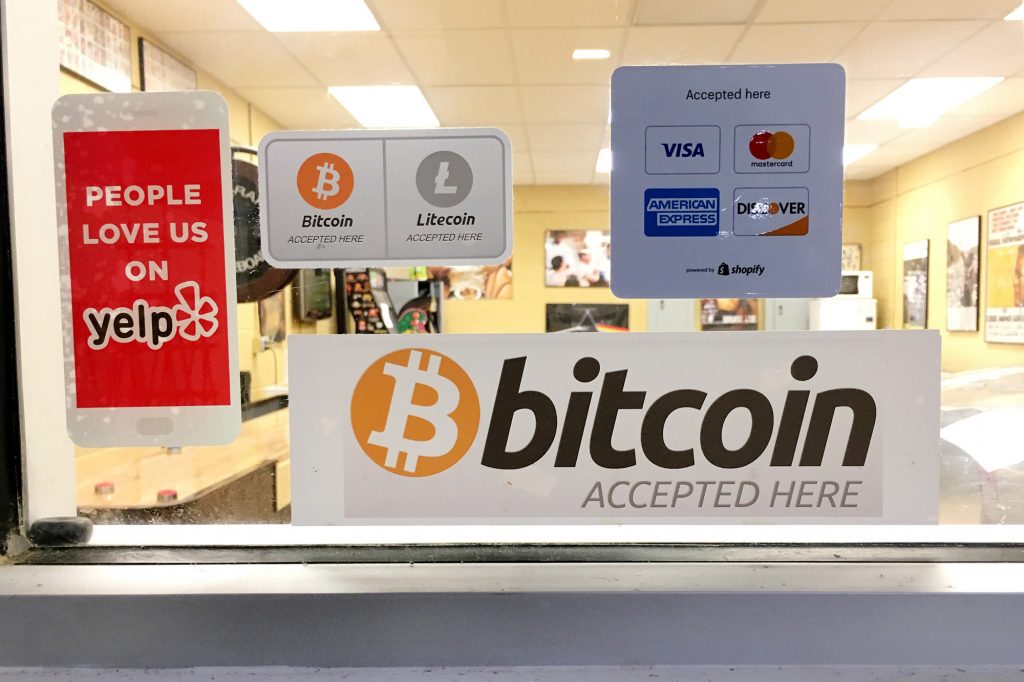Bitcoin has been growing in importance over the past few years, and its influence continues to expand. It is now impossible for a country like France not to take note of this cryptocurrency, which could become one of the main levers of growth.
While there are still no regulations governing virtual currencies, their use is already widespread in France. This is because of their attractiveness, which lies in the fact that funds are not subject to any form of control or transaction fees. In addition, unlike traditional currencies, their amount is predetermined and limited.
The impact of Bitcoin on the economy is still challenging to measure. However, it has been shown that its use increases when countries suffer from an inflationary crisis or a steady depreciation of the local currency. In the same way, Bitcoin allows its users to bypass foreign exchange control and capital restrictions worldwide.
France is therefore interested in Bitcoin but cannot reject it without understanding its potential for development. It must be remembered that there are no transactions tax-free or with minimal fees within certain limits. That’s why it is chosen by some foreign investors who want to develop different businesses there and obtain French citizenship.

The first French store to accept bitcoins opened on rue du Caire in Paris on 25 February 2014. According to the store’s founder, “Paris makes good sense for bitcoin retailers because there are already at least 10,000 bitcoin enthusiasts who frequent the bars and restaurants in Paris.”
Starting from a merchant’s perspective, Nicolas Cary explained to Quartz what he thinks of Bitcoin: “Retail isn’t going to jump to adopt bitcoin all at once. It’ll be spooked by volatility and currency risk. But what it should do is start adopting bitcoin bit by bit. We’re finding that we can replace credit cards with it, and we don’t have to pay the transaction fees. So, for us, it’s a good deal.”
Nicolas Cohen also wrote: “We sell liquor and cigarettes for bitcoin, which is taxable obviously and requires a bit of paperwork and sales reporting to account for cash sales. But people are friendly and polite, so it’s not that bad. Plus, it helps us appeal to a younger demographic.”
Do the French use bitcoin as an investment?
Not for the moment. The problem with bitcoin is that it is not yet widely enough accepted or known to become an investment for most French people. But with their growing market cap, bitcoins appear as a potential alternative to more traditional investments.
Some companies are already accepting bitcoins as payment, and several large firms have recently started advertising wanting to hire developers knowing how to work with this crypto-currency. As demand increases, their value should also rise. The price of one bitcoin is about 350 euros (about USD 465). It would not be surprising that in 2 or 3 years, it could cost more than even 1 000 euros (about USD 1330) per unit.
It remains volatile and is not yet exceptionally stable. For example, prices can rise or fall by 20% or more in a short time. Also, note that there are no guarantees on the price of bitcoins, so the average French person cannot consider it an investment for now.
For economists, bitcoins are little more than an opportunity for companies to generate new business in the context of a shortage of credit.
As with all financial assets, you strongly recommend not borrowing money or going into debt to invest in bitcoins.
Therefore, it is likely to interest any French company, especially those whose main line of business is e-commerce. Read about how French people could make money with bitcoin at bitcoinchampion website
Has Bitcoin impacted the businesses in France?
As for many other countries, bitcoin has encountered a relatively excellent reception from French businesses. Some Internet sites sell bitcoins, but they do not appear to be widespread yet, and the use of bitcoins is still very limited in France. At present, there are no significant websites that accept this currency, and it does not seem likely that you will see many before the end of 2016.
But even if French people do not yet use bitcoins, the underlying technology is beginning to be taken into account by more and more companies. For example, Ethereum, an open-source gated network where it is possible to create applications like Bitcoin on a decentralized blockchain, has already announced partnerships with central banks (Société Générale) and a large technology company (IBM). As a result, more and more banks in France are also using blockchain.
In short, even if bitcoin is not yet widely used in France, it is potential for disruption is being closely followed by entrepreneurs who see it as an opportunity to generate new business models in the context of credit shortage/cash crisis.








